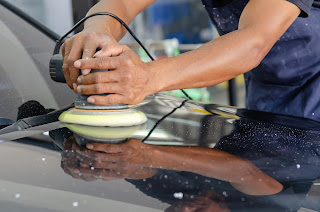In the case of DiDonato v. Black & Decker (U.S.), Inc., No. 20-CV-4425-JMY (E.D. Pa. Feb. 9, 2022 Younge, J.), the court denied a Motion for Summary Judgment and a Motion regarding the admissibility of expert testimony under Rule 702 in a products liability case.
According to the Opinion, the Plaintiff was allegedly injured while cleaning a vehicle and using a power buffer/polisher manufactured by the Defendant.
Relative to the issues raised by the defense with respect to the Plaintiff’s expert testimony, the court found that the Plaintiff’s expert’s testimony about an alternative design was admissible under Rule 702. The court noted that the reliability analysis with respect to an expert testimony looks at the reliability of the methodology as opposed to the conclusions of the expert. To be admissible, the expert’s testimony must also assist the trier of fact in resolving a factual dispute.
The court noted that it is not essential that an expert be able to recreate the facts of the accident. The court reasoned in this case that, while the accident in this case happened quickly while the Plaintiff was allegedly distracted while using the Defendant’s power tool, those facts did not preclude the Plaintiff’s expert from opining on the issue of causation.
In another important ruling, the court noted that experts are allowed to rely upon the testimony of witnesses, even where that testimony is disputed.
The court ultimately found that, since the Plaintiff’s expert’s testimony was admissible, the Plaintiff’s risk/utility theory of a designed defect survived the Motion for Summary Judgment. However, summary judgment was granted with respect to the Plaintiff's claims of a manufacturing defect, and with regards to the breach of express warranties and failure to warn claims.
The court additionally noted that the extent to which the Plaintiff’s alleged carelessness and alleged failure to follow instructions caused the accident was an issue for the jury to decide.
Anyone wishing to review a copy of this decision may click this LINK. The Court's companion Order can be viewed HERE.
I send thanks to Attorney James M. Beck from the Philadelphia office of the Reed Smith law firm for bringing this case to my attention.
Source of image (not the device in question): Photo by Khunkorn Laowisit from www.pexels.com.













No comments:
Post a Comment
Note: Only a member of this blog may post a comment.